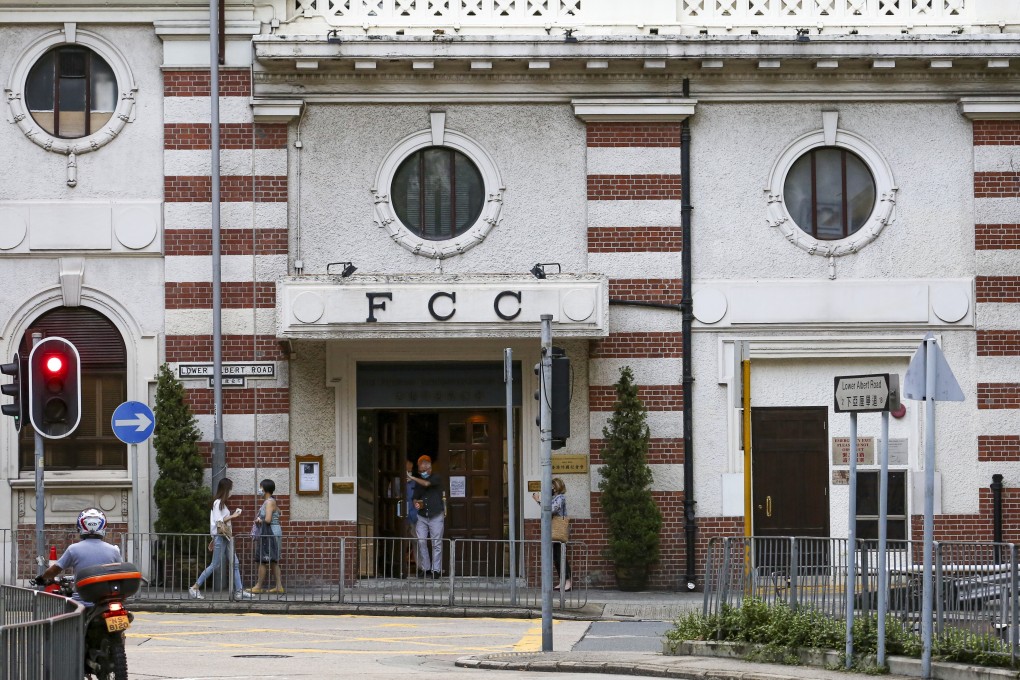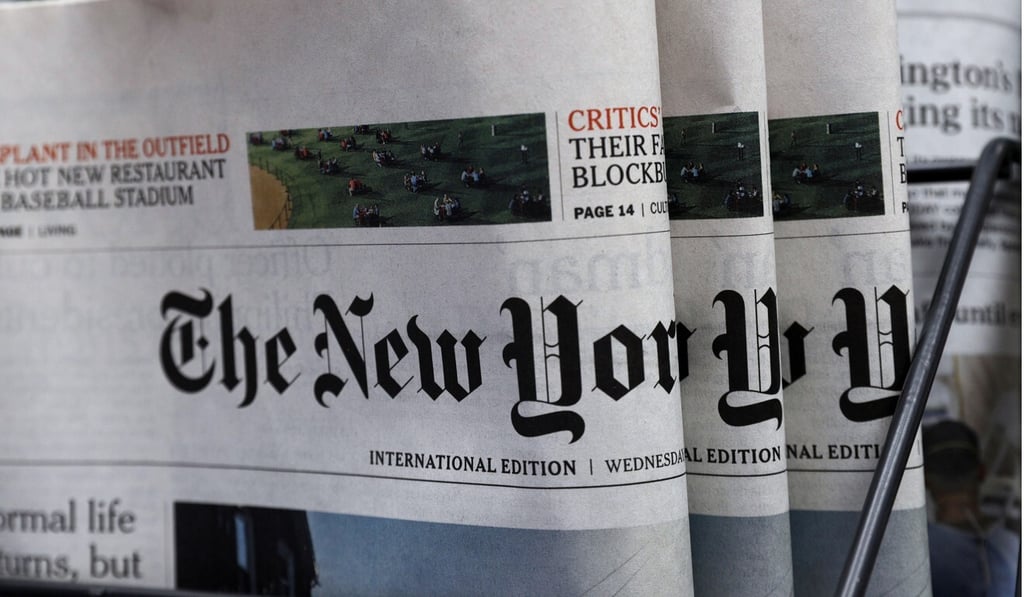Delayed work visas for foreign journalists in Hong Kong ‘highly unusual’, says press body as it warns of damage to city’s reputation
- Foreign Correspondents’ Club warns that restricting journalists by reducing their numbers will damage city’s international standing and reputation
- Noting Washington and Beijing have been embroiled in a tit-for-tat battle, it says it opposes using journalists’ visas as a weapon in international disputes

A number of foreign journalists are facing delays in renewing or securing visas in Hong Kong amid a deepening diplomatic row between China and the United States, the city’s Foreign Correspondents’ Club (FCC) has warned.
In a statement on Thursday, the press body described the situation as “highly unusual”, and said that any restrictions on journalists could result in hurting a rare part of China where freedom of the press remained robust.
“Restricting journalists in Hong Kong by reducing their numbers and interfering with their ability to report freely will damage Hong Kong’s international standing and reputation,” it said.
The FCC said it was made aware of the problem following news reports chronicling how journalists from several media outlets had faced delays in securing visas.

It noted that Washington and Beijing had been embroiled in a tit-for-tat battle – including the expulsion of journalists and cuts to quotas – as tensions between the two nations flared.